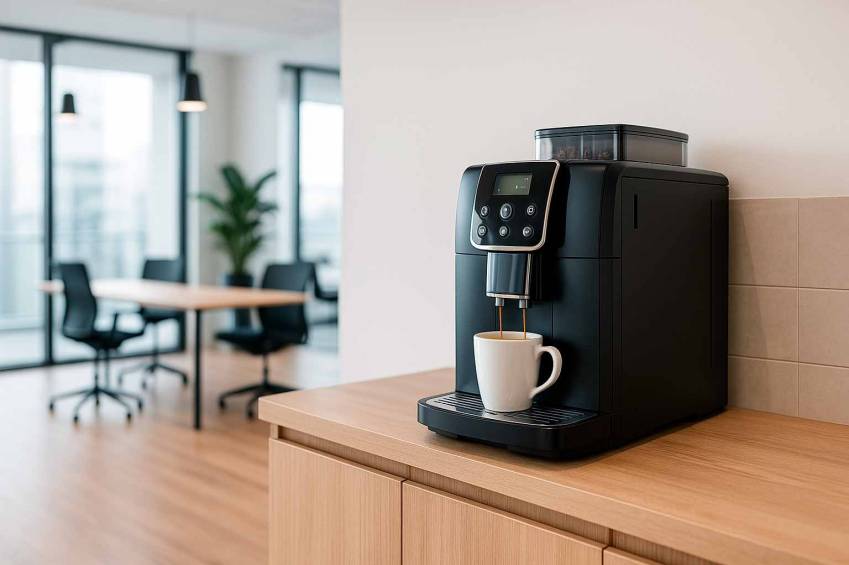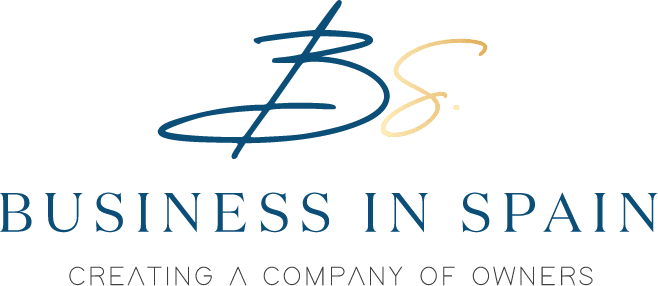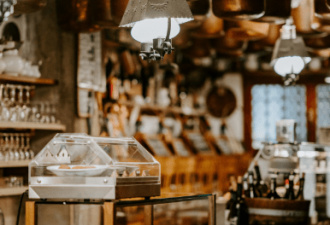
I want to set up a coffee machine in my business: the complete guide to getting it right
Is the idea of installing a coffee machine in your business crossing your mind? We’re not surprised. Coffee is not just a beverage, it’s a welcoming gesture, a detail that builds loyalty, and an opportunity for extra income. Today, having a good coffee setup can make the difference between a place that “goes unnoticed” and another that becomes the favorite meeting point for clients, employees, or visitors.
In this guide, we’ll tell you everything you need to know: why you should install a coffee machine, which type suits you, how much it really costs, and how to avoid the most common mistakes. Let’s go step by step, with no unnecessary technical jargon, so you can make the best possible decision.
Why install a coffee machine in your establishment?
Benefits for customers and your brand
Setting up a coffee machine in your business improves the customer experience from day one. It doesn’t matter whether you run a shop, an office, a gym, or a dental clinic: offering coffee conveys care and warmth. It’s a gesture that says: “we’re glad you’re here.”
It also strengthens your brand image. Good coffee, well served, is associated with professionalism and attention to detail. If the smell of freshly brewed espresso greets customers at the entrance, you’re creating a positive emotion that stays in their memory.
Impact on sales and customer loyalty
Coffee doesn’t just attract, it sells. In hospitality settings, a well-placed machine can increase average ticket value and encourage customers to linger. In offices or public-facing workplaces, it improves the work environment and reduces staff turnover.
And the best part: it’s an investment with fast returns. Quality coffee at a fair price generates repeat visits. And repeat visits are, as you know, pure loyalty.
Step-by-step: how to decide which type of machine you need
Analyze your service volume and your audience
Before buying (or leasing) a machine, think about how many cups you’ll serve per day and to whom. A café serving 300 cups a day is not the same as a interior design store offering three cups as a courtesy.
Ask yourself:
- Do my customers value speed, or gourmet quality?
- Do they prefer espresso or milk-based drinks like cappuccino or latte?
- Who will prepare the coffee: trained staff or anyone on the team?
With these answers, you can guide your decision.
Comparison: automatic machines, professional espresso machines, and capsule machines
- Automatic machines: ideal for offices and businesses with high user flow and no dedicated barista. Coffee at the touch of a button.
- Professional espresso machines: the traditional café machines, perfect for bars or coffee shops. They require basic training but deliver superior results.
- Capsule or single-serve machines: convenient, clean, and versatile. Good for small spaces or businesses with low or variable coffee consumption.
In short: the higher the volume, the more professional the machine should be.
Space, water, electricity, and technical requirements
Don’t forget the practical side: do you have a nearby water connection? Proper outlets? Adequate ventilation? Some machines require direct water connection and a small drain, while others work with tanks.
And an important detail: electrical power. A professional machine may require more power than standard outlets provide. Always check specifications before purchasing.
Regulations, permits, and costs you should know
Municipal permits, activity requirements, and hygiene regulations (Spain)
If your business operates in the hospitality sector, make sure you comply with food handling and hygiene rules. In offices or non-hospitality premises, you usually won’t need specific permits, but it’s worth checking local regulations regarding electrical or water-connected equipment.
A serious supplier will advise you on all of this before installation.
Initial investment, maintenance, and business model (purchase vs. rental vs. loan-for-use)
You have three options:
- Direct purchase: higher upfront cost, but full control.
- Operational rental: a fixed monthly fee, ideal if you prefer flexibility.
- Loan-for-use: the supplier provides the machine for free in exchange for purchasing their coffee.
Each model has its advantages and risks. If consumption is low, loan-for-use can be convenient. But if your volume grows, buying may be more profitable long-term.
Hidden costs: consumables, energy, cleaning
The price of coffee is not the only cost. Also consider:
- Electrical energy (a professional machine may stay on for hours).
- Specific cleaning products.
- Water filters, milk, cups, sugar.
It may seem small, but everything adds up.
How to choose the right supplier and maximize performance
What to expect from a technical partner (service, warranty, training)
Beyond price, look for a supplier that provides real support. They should offer preventive maintenance, fast assistance, and basic training for your team. After-sales service is what makes the difference between a smooth experience and a headache.
Loan-for-use contracts: when they make sense and what to check
If you choose a loan-for-use agreement, read the fine print. Check minimum contract duration, purchasing commitments, and maintenance terms. A good supplier will be transparent and help you tailor the agreement to your needs.
Optimize performance: drink variety, loyalty programs
Modern machines don’t just serve espresso. You can offer specialty drinks, decaf, hot chocolate, or teas. Variety means more satisfied customers.
If coffee is part of your business model, consider loyalty programs. A simple “buy 10 coffees, get the next one free” can boost sales.
Best practices for use and maintenance to extend the machine’s lifespan
Daily cleaning and recommended procedures
A dirty machine makes mediocre coffee, it’s that simple. Clean the pipes, trays, and portafilters every day. Use the right products; don’t improvise with dish soap. And descale regularly.
Machine monitoring: when to intervene, when to replace
Pay attention to your machine. If it takes longer, loses pressure, or the coffee tastes off, it’s time for a check-up. Don’t wait for it to break down to call the technician.
Most professional machines last 5 to 10 years with good maintenance.
Sustainability and responsibility: quality coffee, minimal waste
Customers increasingly value environmental impact. Choose sustainable coffee, compostable capsules, or recycling systems. Reducing waste isn’t just good for the planet, it enhances your reputation.
Common mistakes and how to avoid them
Oversizing the machine for your business
Sometimes we want the best on the market… even if we don’t need it. A machine that is too big or complex can be an unnecessary expense. Match the equipment to your reality.
Choosing based only on price
The classic mistake: “this one is cheaper.” Yes, but what if it breaks? What if customers don’t like the coffee? Remember: in the world of coffee, cheap often tastes bitter.
Ignoring maintenance or staff training
A machine without regular maintenance is a ticking time bomb. And if staff don’t know how to use it properly, the result will be inconsistent coffee and constant breakdowns.
Conclusion and next steps to launch your project
Quick checklist before installation
Before deciding, review:
- Have you analyzed your volume and customer profile?
- Do you have the right space and connections?
- Have you compared machine types and business models?
- Do you know who will handle maintenance?
If everything checks out, you’re ready to move forward.
Useful resources and tips to get started today
At Business in Spain you can find advice and resources to choose the ideal machine, contact trusted suppliers, and plan your investment safely.
Installing a coffee machine in your business is much more than offering a drink: it’s a strategic decision that can transform your customer experience and your profitability.
And yes, the aroma of freshly brewed coffee is still one of the best marketing tools in the world.









